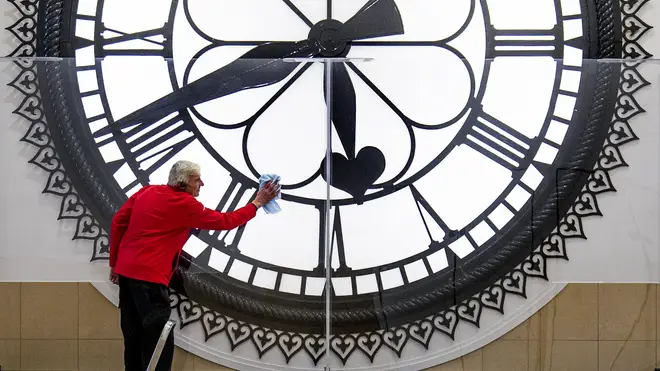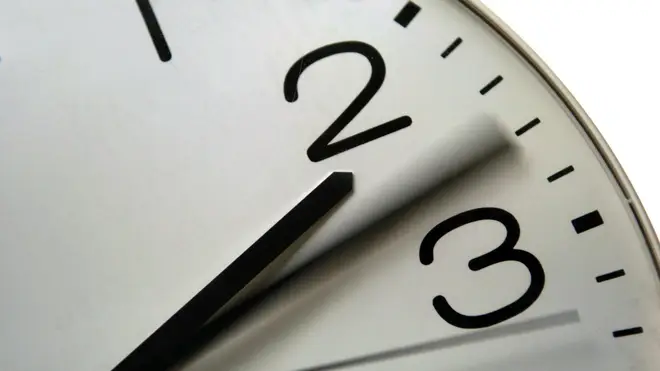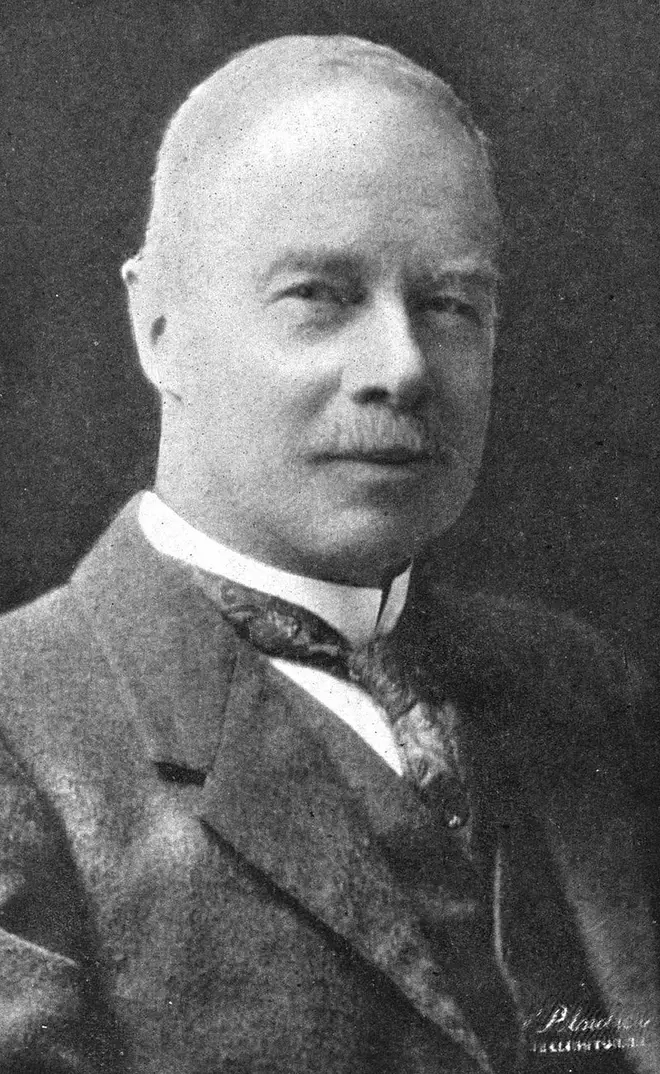
Iain Dale 10am - 1pm
6 October 2020, 16:30 | Updated: 6 October 2020, 16:33

The British summer is well and truly over but the UK still remains on British Summer Time (BST) - so when do the clocks go back and why?
Most areas of Europe and North America, including Canada and Mexico, still change their clocks with the seasons in what is known as Daylight Saving Time (DST).
The UK changes the time twice annually in March and October. This year, BST started on 29 March.
But why do we change the clocks and when do we return to Greenwich Meantime (GMT) in 2020?
Read more: Boris Johnson pledges first time buyers to get 'long term fixed rate deals'

The Germans were the first to implement the idea in 1916 during the First World War, in the hope it would improve productivity in their war economy by saving coal.
Britain and most of its allies soon adopted the concept afterwards too.
But once the war was over, most countries abandoned DST, except for Canada, the UK, France, Ireland and the United States.
The rationale is to put clocks back every year heading into winter to allow people an extra hour of daylight after work.
This was the original idea first originated by George Hudson, an entomologist and astronomer, who invented modern DST and proposed it in 1895.
He was a British-born New Zealander who wanted to allow himself an extra hour of sunlight in the evening to collect insects.
Read more: Boris Johnson hints at suspending 'rule of six' for a 'normal' Christmas Day

DST finishes on Sunday 25 of October.
The change of time usually takes place at what would be 2am when most people are asleep so most won't notice the change.
On March 26, 2019, the European Parliament voted to stop changing the clocks in the EU.
As a result, the clock change in March 2021 will be the last one for EU countries that decide to permanently keep their summer time.
Member states that prefer to keep their standard time will change the clocks for the last time in October 2021.
But, the UK is leaving the EU on December 31, 2020 when the transition period ends.
This means Britain will no longer have to follow EU directives so the Government could decide to keep changing the clocks, or stick with one time all year round.
The decision has not been announced, but it could potentially mean this October's clock change will be the last.
But Boris Johnson's Withdrawal Agreement commits Northern Ireland to following EU rules to prevent a hard border with the Republic of Ireland.
This could create two time zones in the UK, one for Northern Ireland and one for England, Wales and Scotland.